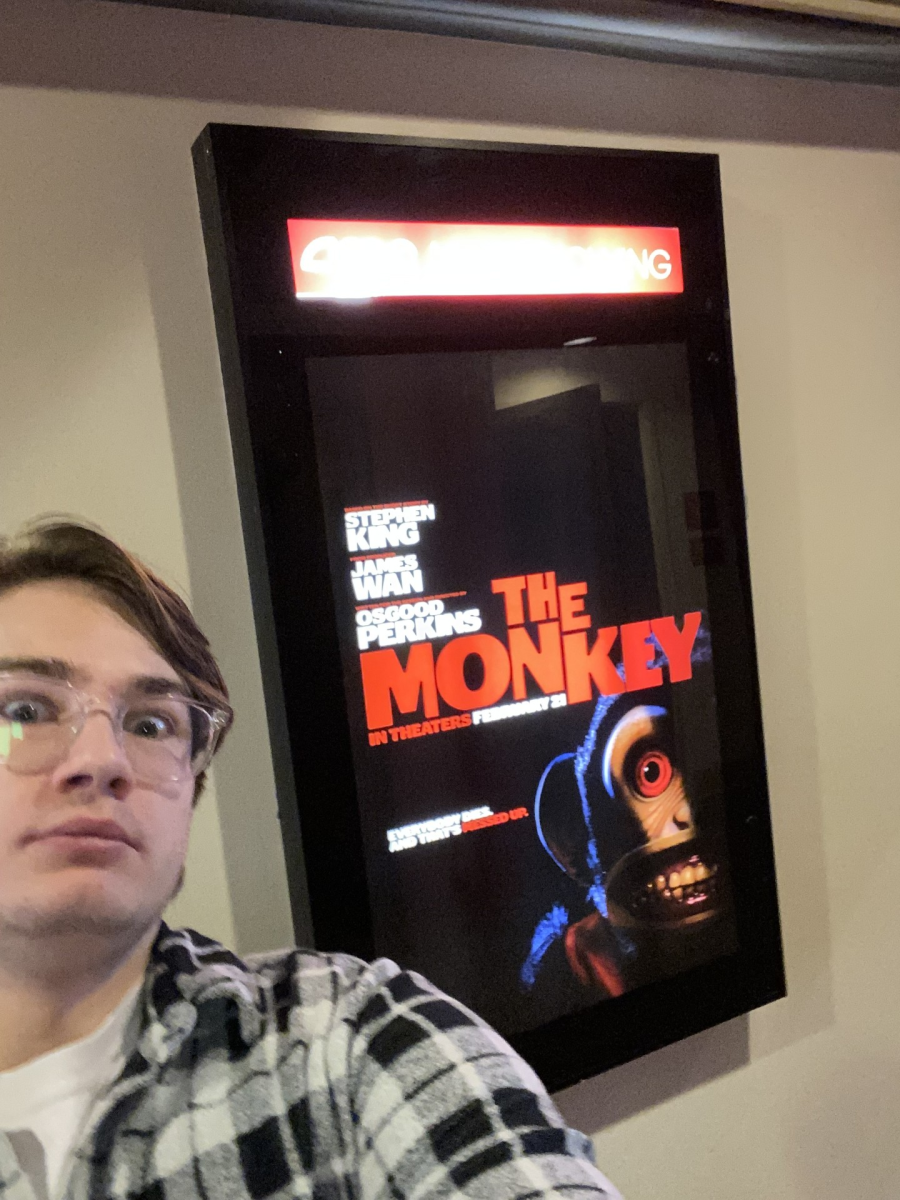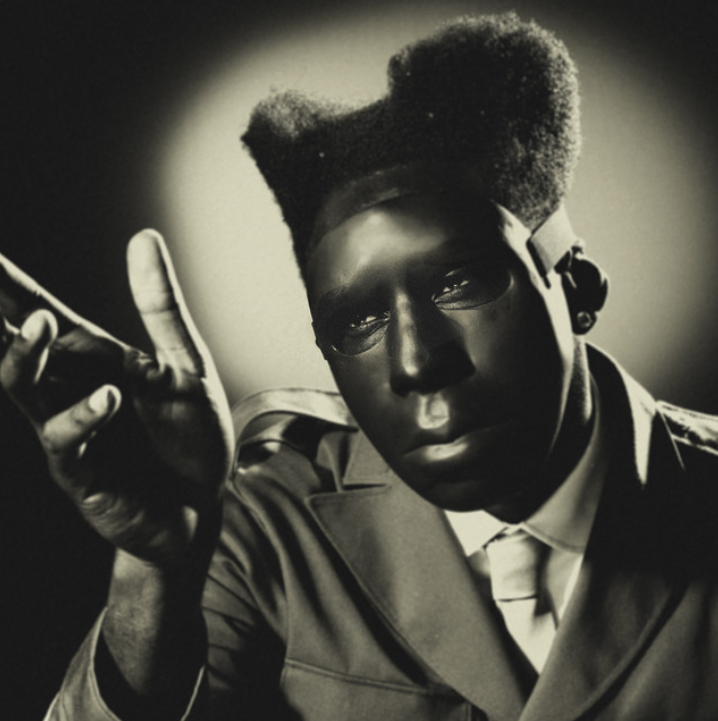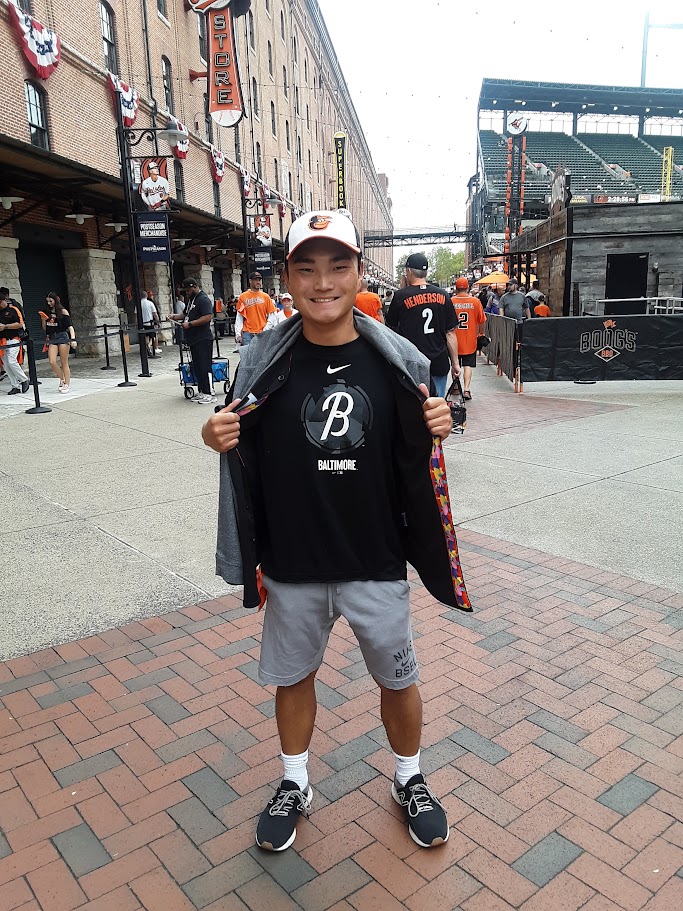May 20, 2013: “She HATES me! I AM SO TIRED OF NOT BEING UNDERSTOOD!”
An excerpt from my journal entries as an 8-year-old Filipina-American girl who still thought the world revolved around her– and whose biggest problem was finishing her Kumon math.
As I entered my teens, the surging pubertal hormones only added tension to my relationship with my mother.
Similarly, Greta Gerwig’s “Lady Bird” centers around a teenage girl navigating her self-image and sense of control through friendships, romance, and most poignantly, her evolving relationship with her mother, Marion.
Their dynamic is raw and real. They love each other deeply, but their pride prevents either of them from fully expressing it. Marion is quick to criticize her daughter, while Lady Bird struggles to grasp the weight of her family’s financial and emotional burdens.
In an argument between the two, Marion expresses how hurt she and her husband feel when Lady Bird asks to be dropped off a block away from school, ashamed of their background “living on the wrong side of the tracks.”
Marion and Lady Bird’s relationship is particularly strained when Lady Bird secretly applies to universities in New York, far from their home in Sacramento, California.
Marion wants to support her daughter, but struggles to cope with her leaving home. While she deterred Lady Bird from applying to east coast schools due to the financial boundaries, it is clear that her anger is also fueled by the fear of losing Lady Bird to things that she can’t provide.
My own mother, an immigrant from the Philippines, was pushed by her own mother, my Lola, into nursing, even though she dreamed of becoming a computer programmer.
I think that looking back, my mother knows Lola wanted her to succeed in life, and pushing her through nursing school was how she expressed her love.
When my mom had me, she promised to support whatever career path I chose, and she did whatever she could to give me an advantage in life… even if I hated it. She spent countless hours asking me to spell words like “soliloquy” and “flirtatious,” and I won the school spelling bee every year. Every summer she sent me to public speaking camps four hours away from home. She checked out dozens of library books each week for me to read in order to have the most Accelerated Reader points in my class.
I excelled in English, and I wanted to be a fiction author. Then a journalist. Then, to her surprise, I told her my senior year of high school that I wanted to attend nursing school.
Suddenly, the career she was forced into had become my dream.
I wonder if she feared she had become her mother. But the truth is, I made that choice because of her – seeing how passionate she was about her patients, I wanted to be just like her.
A review on yespoetry.com notes that “Lady Bird, despite her flaws, is not full of the kind of pride that prevents you from taking accountability.”
Marion on the other hand, who was raised by an abusive and alcoholic mother, never explicitly apologized to Lady Bird. Instead, she shows affection through actions– hemming Lady Bird’s thrifted dresses and taking Lady Bird to open houses, as their “favorite Sunday activity.”
It wasn’t until Lady Bird moved to New York, that the extent of Marion’s love for her was revealed through the salvaged notes she wrote for her. The countless scraps of paper littering the floor reflected Marion’s fear that her words and apologizes were never good enough.
Throughout the film, Lady Bird often complains about her mother’s criticism and makes the statement I know too well, “she hates me.”
When Lady Bird tries on a dress and it is too tight, Marion says she shouldn’t have had the second serving of pasta. Lady Bird found the perfect dress and was visibly happy until her mother mentioned it being “too pink.” Even the smallest criticisms had a significant weight on Lady Bird’s perception of her mother’s view of her, as if she does not meet Marion’s standards.
In a powerful scene, Lady Bird is in a dressing room trying on prom dresses, when she asks her mom, “do you like me?”
“Of course I love you,” Marion responds.
“But do you like me?”
Parents are expected to love their children. It’s seen as automatic, unconditional. But Lady Bird’s question makes another point. She feels as if she isn’t enough for her mother, as if love is a duty, but liking is earned, and she hasn’t earned it.
“I want you to be the best version of yourself that you can be,” Marion told her.
“What if this is the best version?”
When I brought home an A-, my mom asked for an A+. If I planted a tree, she’d want a forest.
I think as children it’s easy to interpret this as disappointment. But now I realize: it’s not that I wasn’t enough. She just wanted to give me more than she had, and the only way she knew how to do that was to push me to be better in every capacity.
Marion, like all moms, isn’t perfect, but while she didn’t always understand Lady Bird, she loved her with everything she had.
As I grew out of my pubertal phase and graduated high school, I finally started to take my mother’s world into perspective. I noticed things I hadn’t before, like how much sleep she loses caring for three kids, how quick she is to help someone in need, or how she lights up when I call home.
While we don’t usually see eye-to-eye, I’ve learned to look past her shortcomings and see her intent. Because what remains constant, no matter how much we argue, is that she’d fight tooth and nail for what she believes is best for me, with an unconditional love that only a mother can give.
May 21, 2013: “Then Mommy came in and claimed that I will have a LOT of KUMON to do tomorrow! Well, I have to admit… it’s painful! But once you get it all done Mommy QUICKLY slows her temper down. Then she offers you hot chocolate or something to eat.”

































Mercedita Lazado • May 13, 2025 at 6:02 pm
Wow! What a brilliant and an awakening article! Congratulations, Katie. Apo! Love you very much.